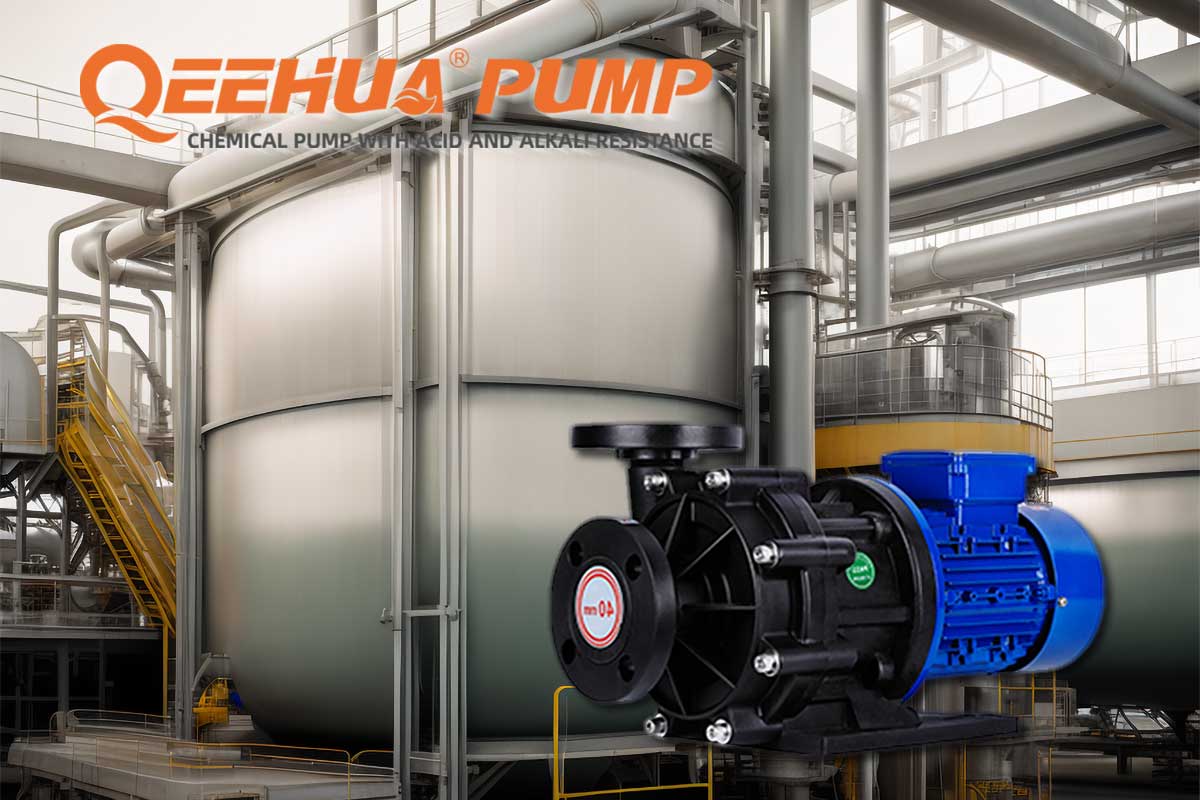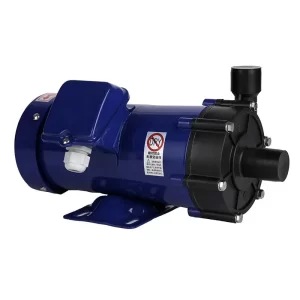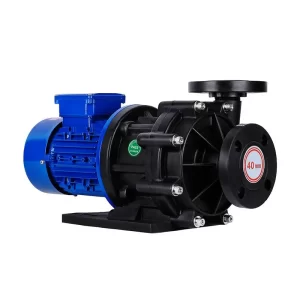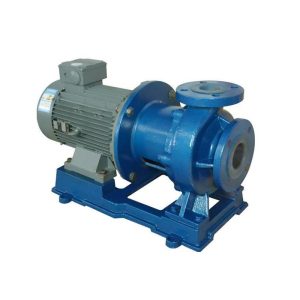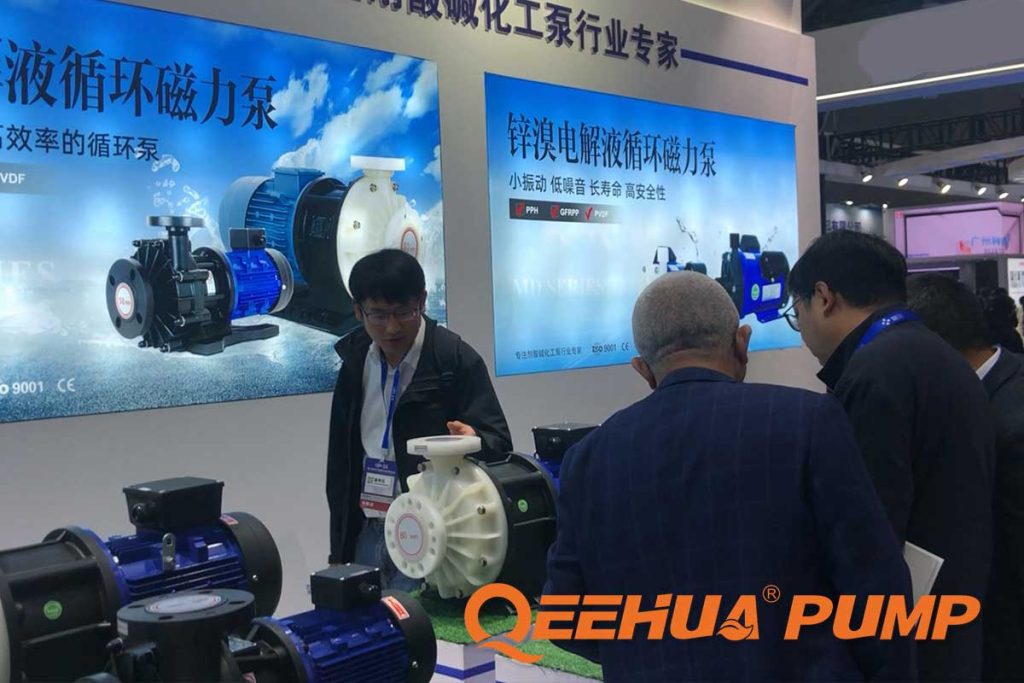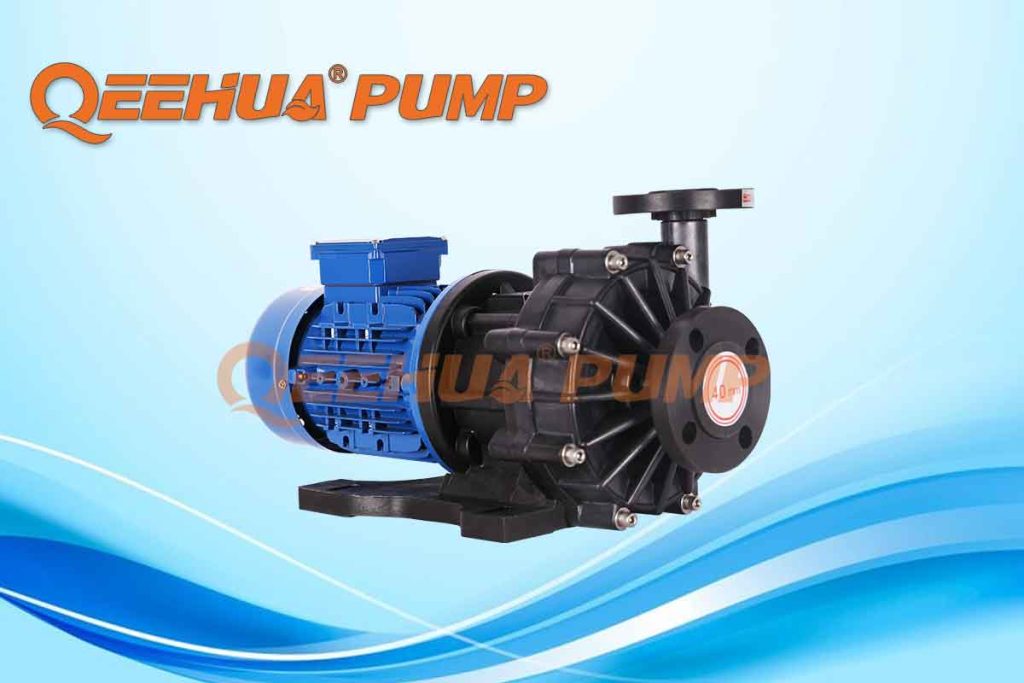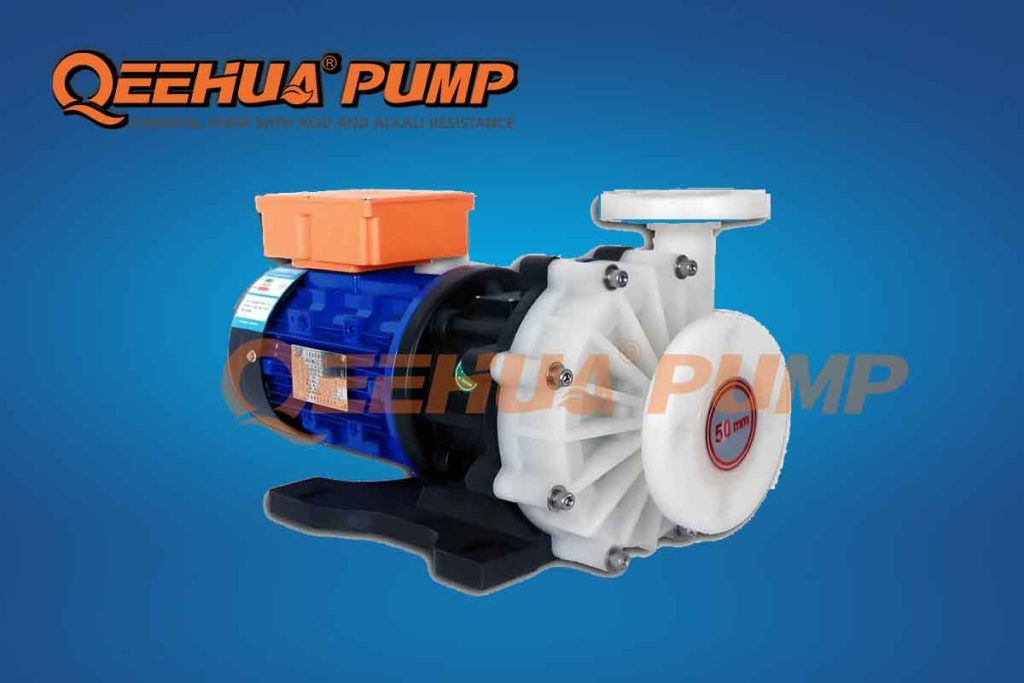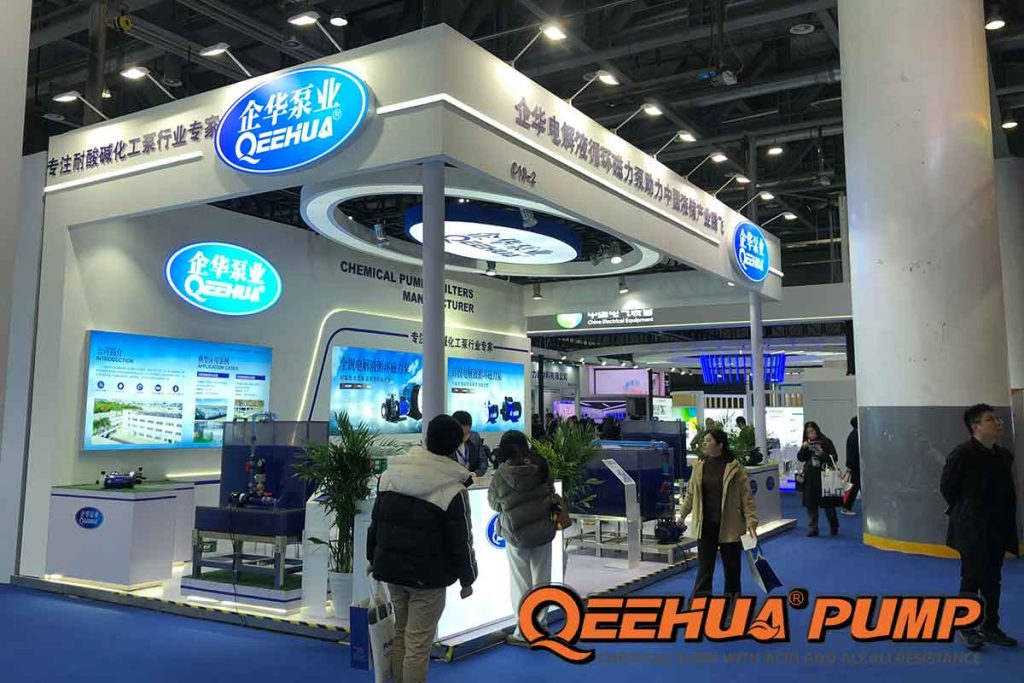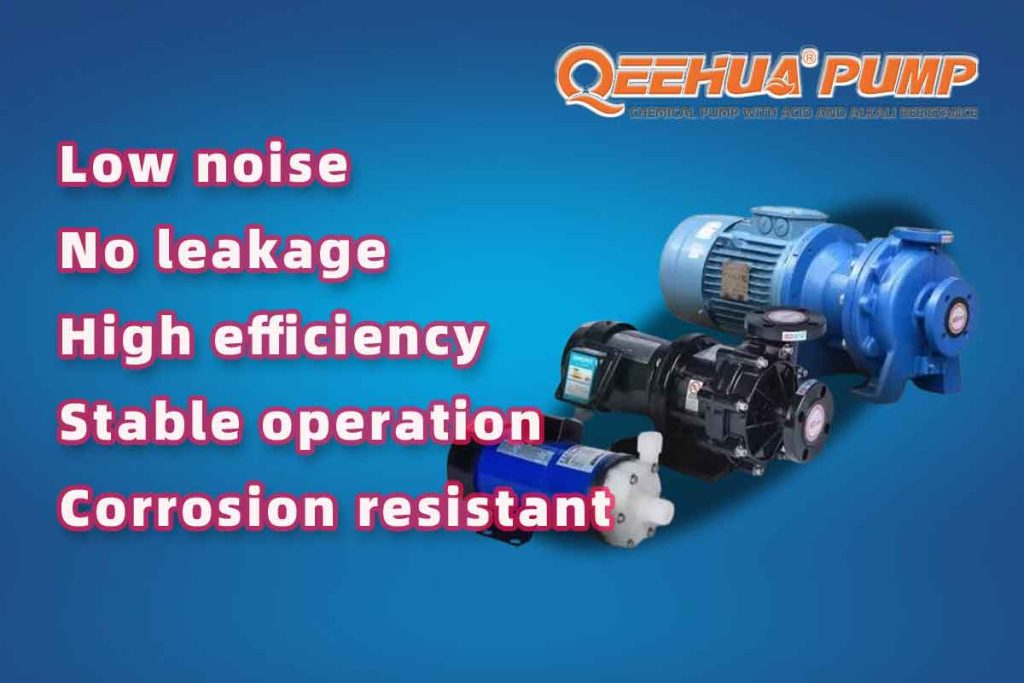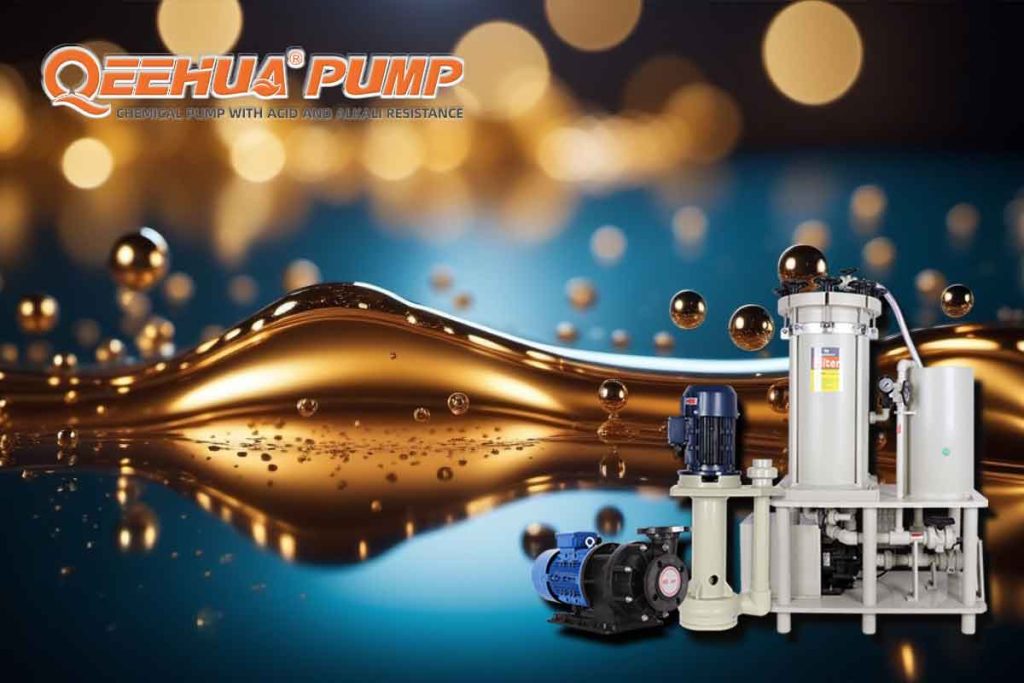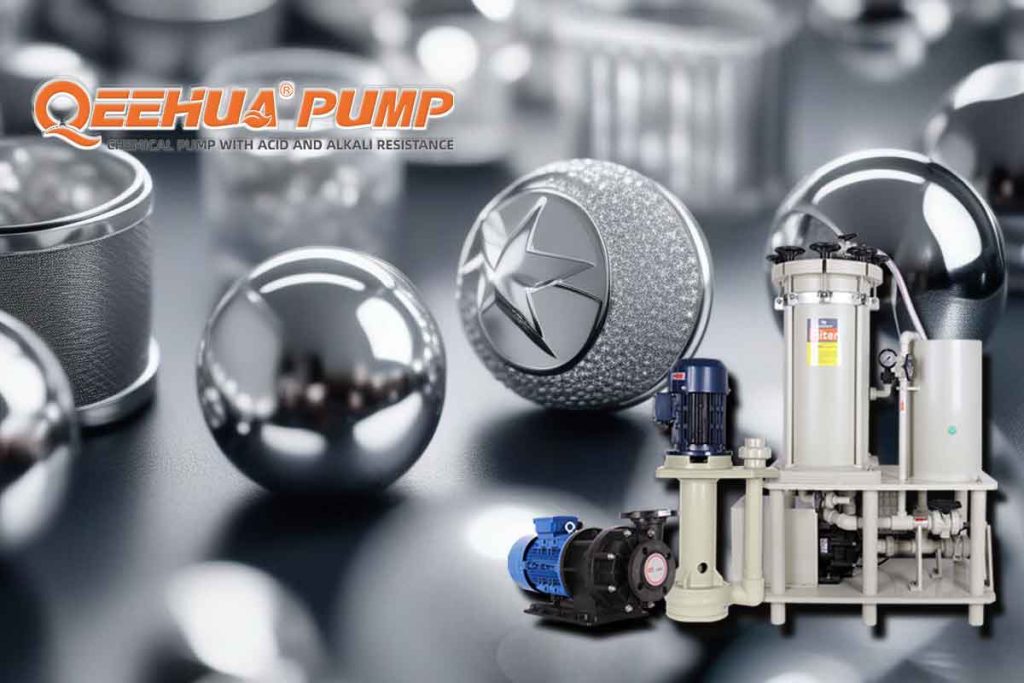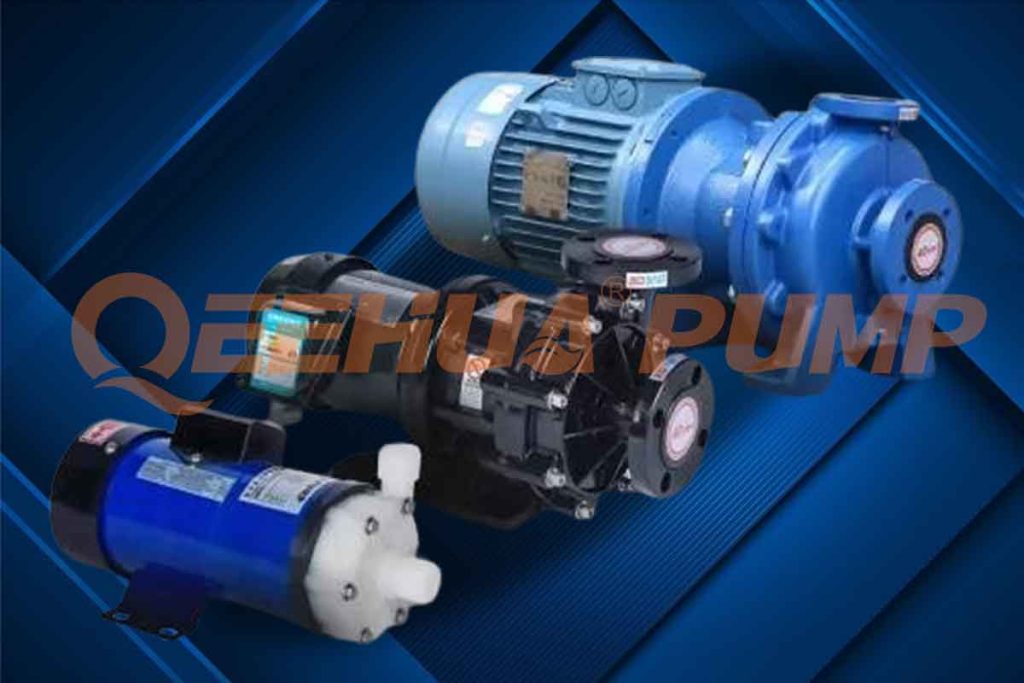Hydrochloric acid (HCl) is a potent, corrosive chemical that plays a pivotal role in various industrial processes. However, due to its corrosive nature, choosing the right hydrochloric acid transfer pump becomes absolutely critical. QEEHUA PUMP, a manufacturer with extensive experience in providing specialized solutions for hydrochloric acid transfer, will shed light on the significance of hydrochloric acid, its corrosiveness, key factors in pump selection, and the advantages of magnetic drive pumps below.
The Significance of Hydrochloric Acid
Hydrochloric acid, with its chemical formula HCl, is a robust acid used across multiple industries, from PVC plastics and polyurethane manufacturing to steel, petroleum, food, tannery, chemical, and wastewater treatment. Its annual global production reaches a staggering 20 million tons.
The Corrosiveness of Hydrochloric Acid
Hydrochloric acid’s corrosive nature primarily manifests as rapid metal corrosion, particularly affecting aluminum, cast iron, and specific stainless steels. This necessitates meticulous material selection and pump design when handling this chemical.
Selecting the Right Hydrochloric Acid Transfer Pump
When choosing a hydrochloric acid transfer pump, several key factors demand consideration:
1. Sealing and Chemical Compatibility
Sealing and chemical compatibility stand as paramount considerations due to hydrochloric acid’s corrosive tendencies. Pumps must withstand its corrosive effects, making a robust sealing system and chemically compatible materials essential.
2. Non-Metallic Materials
Pump construction materials must align with hydrochloric acid to prevent pump damage and acid contamination. Common non-metallic materials include polypropylene, ETFE, and PVDF (polyvinylidene fluoride).
3. Impact of Concentration and Temperature
The concentration and temperature of conveyed hydrochloric acid influence pump type and required construction materials. Hydrochloric acid concentrations range from 10% to 37%, with temperatures spanning from ambient to high. For low concentration and ambient temperature applications, plastic pumps may suffice. However, high concentration and high-temperature scenarios may demand more corrosion-resistant materials, such as PVDF.
4. Flow Rate Considerations
The rate at which hydrochloric acid flows determines the appropriate pump type. Thus, pump selection must align with the specific flow rate requirements of the application.
Advantages of Magnetic Drive Pumps
Magnetic drive pumps, characterized by their seal-less design devoid of mechanical seals and wear parts, emerge as the ideal choice for pumping hydrochloric acid at ambient temperatures. PVDF magnetic drive pumps, especially suitable for temperatures exceeding 80 degrees Celsius, shine in this regard. Being non-metallic, magnetic drive pumps reign supreme for handling hydrochloric acid, given their severe corrosive nature.
Applications and Uses
Hydrochloric acid finds wide-ranging applications across several industries:
- Steel Pickling: Ensures steel quality by removing oxidized skin and iron oxides.
- Oil Well Acidizing: Facilitates the flow of natural gas or crude oil by removing scale, rust, and carbonate deposits in oil wells.
- Food Industry: Key ingredient in the production of corn syrup, gelatin, sauces, and preservatives.
- Tannery: Regulates leather pH and hampers bacterial growth.
- Chemical Industry: Crucial for manufacturing polyvinyl chloride (PVC), a pivotal component of PVC plastics.
- Household Cleaners: Utilized in various cleaning products and wastewater treatment.
- Wastewater Treatment: Treats organic and inorganic compounds, polymers, and wastewater from battery manufacturing processes.
In Conclusion
Selecting the right transfer pump for hydrochloric acid is paramount due to its highly corrosive nature. QEEHUA PUMP, a reputable manufacturer, specializes in providing tailored solutions to ensure the safe and efficient handling of this challenging and corrosive chemical. Our expertise and unwavering commitment to quality make us your trusted partner in hydrochloric acid transfer.


